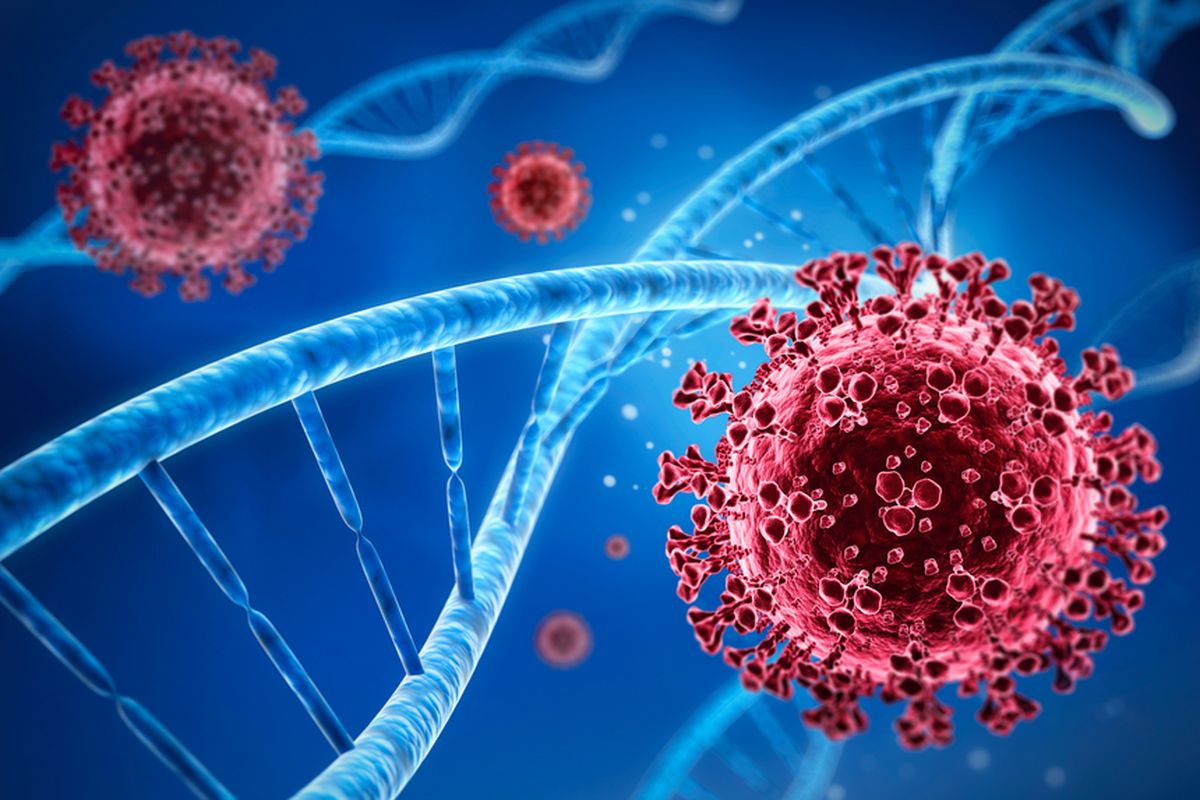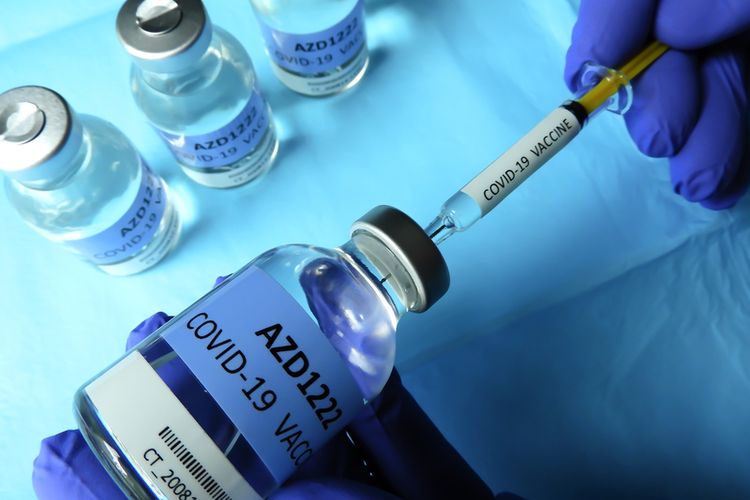E484K Covid-19 Strain Detected in Indonesia

JAKARTA, KOMPAS.com – Indonesia continues to deal with more strains of Covid-19, after a case testing positive for the E484K mutation was found in the country earlier this year.
The authorities found the case, a month before the more high-profile B.1.1.7 strain was traced last March to Indonesian migrant workers returning from Saudi Arabia.
“Researchers from the Eijkman Institute for Molecular Biology traced the E484K strain last February to an individual in Jakarta,” said Indonesian Ministry of Health spokesperson Siti Nadia Tarmizi on Monday, April 4.
"The person has since been confirmed to recover [from Covid-19]. We have yet to determine if the individual contracted [the E484K Covid-19 strain] during an overseas trip or not.”
Also read: Indonesia Task Force Urges Greater Covid-19 Vigilance at Border Crossing Points
Nadia added that E484K or ‘Eek’ is “one of an estimated 10 to 17 mutations of the B.1.1.7 strain of Covid-19. While these strains might influence the efficacy of the vaccine, studies in South Africa indicated that all [coronavirus] vaccines can still effectively treat them.”
Covid-19 Task Force spokesman Wiku Adisasmito reiterated Nadia. He noted that the mutation originated in a protein spike from the B.1.1.7 strain found in Brazil and South Africa.
“Recent research has shown that E484K has a high transmission rate. The government will intensify its whole genome sequencing efforts to determine which Covid-19 strains are found in Indonesia,” Wiku added.
“This includes maintaining the screening process for foreign nationals and Indonesian citizens alike who are entering Indonesia.”
 AstraZeneca vaccine illustration.
AstraZeneca vaccine illustration.He and Nadia also called on the public to maintain compliance with health protocols and limit their movement to reduce the transmission of the E484K and other Covid-19 strains.
A Reuters report announced that the mutation infected 70 percent of patients at a hospital in the Japanese capital Tokyo.
The report noted that it was transmitted to 12 of 36 patients over the past two months, none of whom has gone overseas or got in contact with known cases of the variant.
This development raised concerns that the virus is more transmissible and more resistant to current Covid-19 vaccines, as shown in the research of the strain by British universities.
Cambridge University researcher Ravindra Gupta noted that those contracting E484K would “need to raise their antibody serums prevent cell infection, making the strain far deadlier than previous Coronavirus mutations,” he asserted.
Also read: Overseas Indonesians Contracting Covid-19 Rise to 4,000
- tokyo
- reuters
- Eijkman Institute
- Wiku Adisasmito
- Indonesia Covid-19
- Indonesian Covid-19 Task Force
- Novavax
- AstraZeneca
- Indonesia Covid-19 vaccine
- Indonesian Ministry of Health
- E484K
- siti nadia tarmizi
- Covid-19 strain
- B.1.1.7 Covid-19 strain
- Japan
- Eek
- E484K detected in Jakarta
- whole genome sequencing
- e484k variant indonesia
- e484k variant symptoms
- e484k variant vaccine
- e484k covid variant
- e484k covid vaccine
- e484k covid strain
- e484k covid strain symptoms
- e484k variant indonesia case
- e484k variant indonesia first case
- e484k variant indonesia research
- e484k variant transmission rate
- e484k transmission
- e484k test
- e484k antibody
- e484k cases
- e484k death rate
- e484k resistance
- e484k reinfection
- e484k mutation
- e484k mutation body immune system
- e484k mutation name































